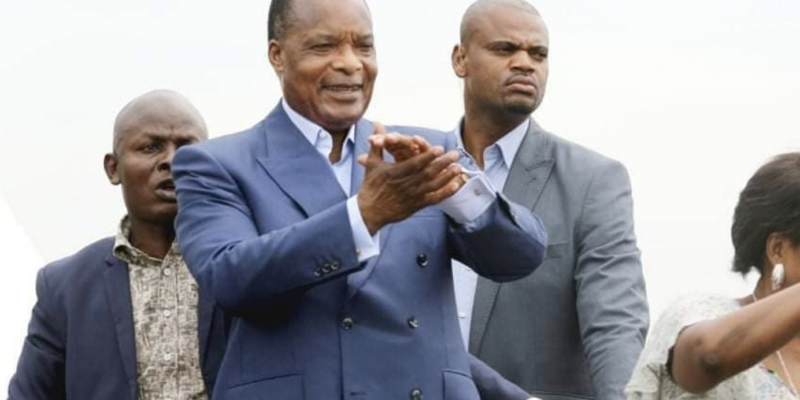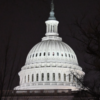Amid the various crises roiling America at the moment—the last innings of COVID-19; voting rights; the initial efforts of the new administration; and much else—it’s easy to miss a small working paper in an economics journal. But that small paper holds the key to a potentially revolutionary change taking place in the cradle of civilization—Africa—and its contents make a strong argument for stepped-up American engagement with the African continent.
In “Africa’s Latent Assets,” Soeren J. Henn and James A. Robinson put forward a narrative of Africa that isn’t the standard one. They argue that despite all of Africa’s various difficulties over the decades, the continent has assets hiding in plain sight, and they make a credible case that the world ought to be optimistic about Africa’s future.
First, they argue that Africa has a talent-driven society, something resembling a meritocracy. “Success in African society is talent-driven,” they wrote “and Africa has experienced high levels of perceived and actual social mobility.” They make the case that what could happen in Africa is what has happened historically in America: That the combination of talent and social mobility provides the right mulch for entrepreneurship and innovation.
Among the more surprising and encouraging conclusions put forward by the researchers: “Despite the cliche that Africa is a continent of corruption where connections and social networks are critical to people’s opportunities, in fact, Africans are more likely to say that the way to get ahead economically is via hard work.”
Next, they make the case that Africans are “highly skeptical of authority and attuned to the abuse of power.” This makes them much like westerners, whose political history has, from one angle, been a series of moments in which we learn that the emperor, king, and Congressmen have no clothes. That skepticism, however, shouldn’t lead us to cynicism: As Henn and Robinson note, skepticism of authority is the seedbed of building better institutions.
A final, often-missed African reality: Africa is wide and contains multitudes. Henn and Robinson offer the following: “Africans are the most multilingual people in the world, have high levels of religious tolerance, and are welcoming to strangers.” That is a banner advertisement for an increasingly globalized world—one in which Africa’s ability to skin the cream of the world’s talent could prove vital to its future prosperity.
So what to make of all this for an American policymaker, official, or citizen? Simple: Our approach to Africa needs to fit with these latent assets. We need to do more, not less, to engage with the continent, support leaders who share American values and keep a watchful eye on Chinese and Russian efforts to take advantage of Africa’s natural strengths.
Where to begin? Several countries come to mind, but we can start where America is already ahead. In Morocco, we have a cosmopolitan country that recently recognized the nation of Israel and is on a path to growth in many areas of critical interest to the United States—including the production of energy outside of fossil fuels. We ought to do more here to encourage Morocco’s growth and diplomatic normalization, advancing the work of the last administration in that regard.
Consider also Sudan, where the Cabinet took a similar step in removing an anti-Israel law. This comes on the heels of a visit by a US Envoy and the Sudanese government’s willingness to compensate victims of the 1998 bombings of the US embassies in Kenya and Tanzania and the USS Cole in Yemen in 2000. As a result of these moves, Sudan is officially off the US list of countries that finance terrorism—a critical step for its future growth and debt relief from the IMF and World Bank.
Finally, look at Congo-Brazzaville. Here, the US has had long-standing ties, and recently-reelected President Denis Sassou-N’Guesso appears open to strengthening the bilateral relationship. Congo-Brazzaville might be another ripe candidate for the US’s efforts to improve Israel’s standing in Africa; they may also be the ideal venue for US-led vaccination efforts in the fight against COVID-19.
These are but three examples, and there are countless others. The broader policy implication is critical: The US has a singular moment to strengthen our nation’s connection to the continent of Africa, and all signs point to a population that embraces American values. Let’s not waste this chance, as it may never come again.



